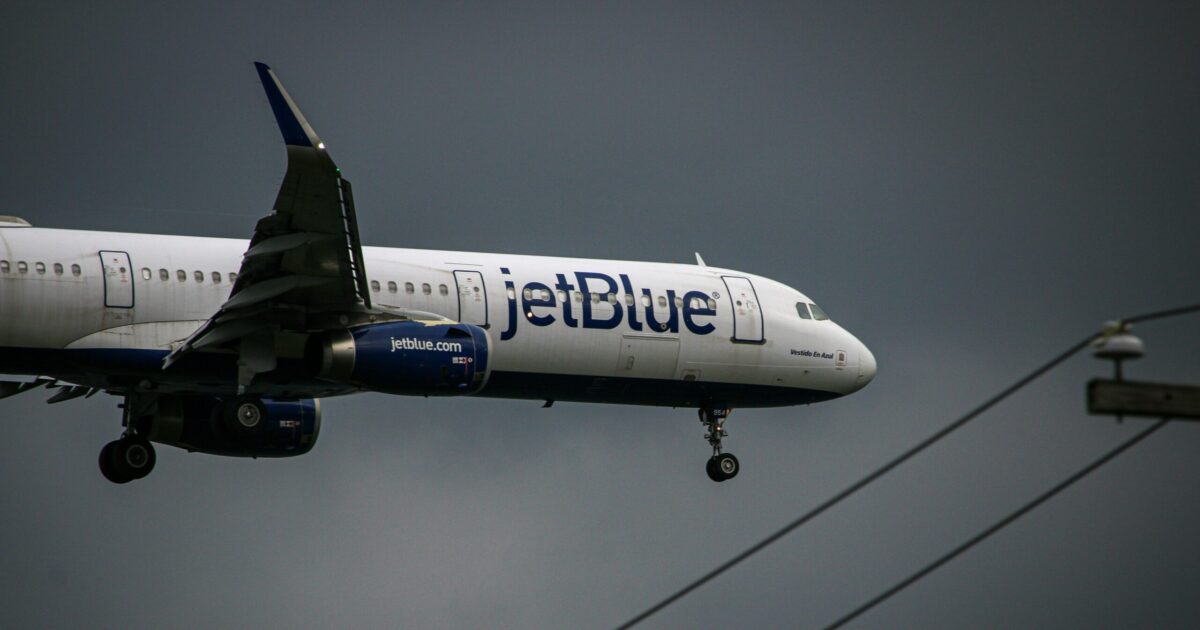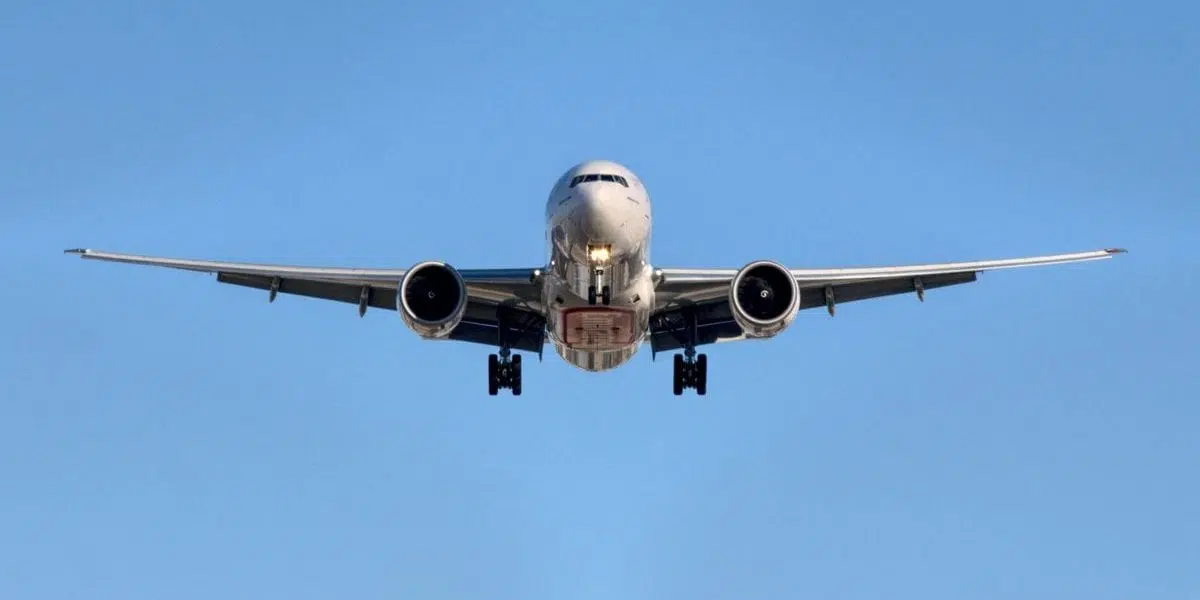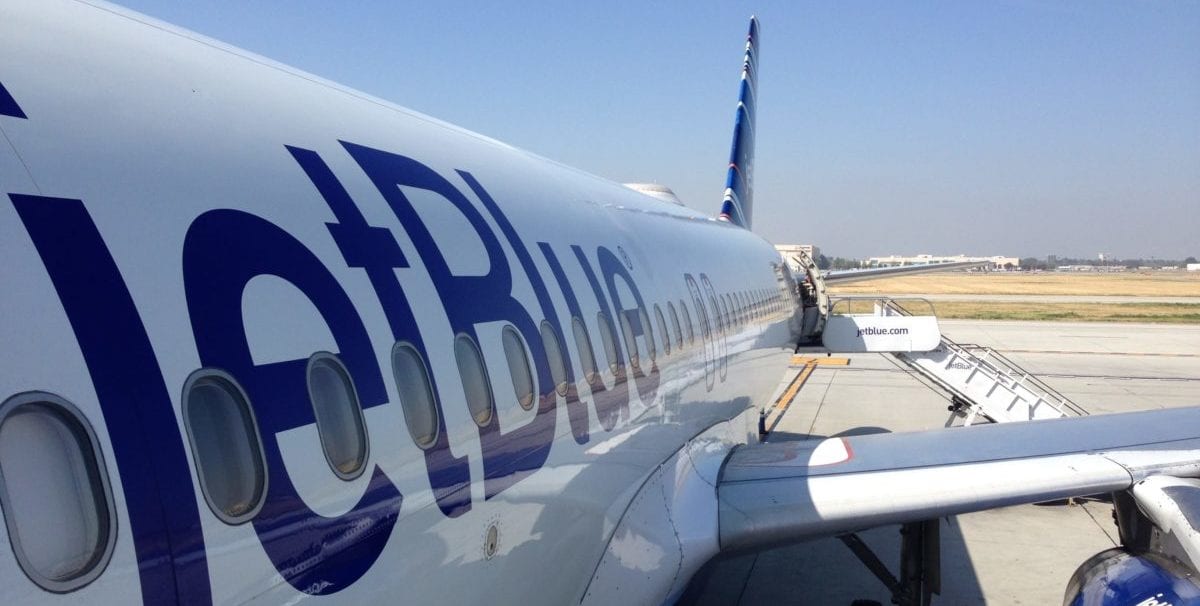JetBlue and Spirit Airlines announced Monday they are ending their proposed $3.8 billion agreement to combine after a federal court ruling blocked the merger earlier this year.
In a statement, JetBlue said while both airlines still believe in the benefits of the merger, they are unlikely to meet the required closing conditions before the July 24 deadline and have mutually agreed that terminating the agreement is the “best path forward.”
JetBlue said it would pay Spirit $69 million as part of their agreement to end the deal.
Monday's announcement officially ends the long and unlikely courtship for an ultra-low-cost carrier that many Americans love to hate.
JetBlue had emerged as the victor by swooping in to outbid Frontier Airlines by more than 40% two summers ago, eventually winning over Spirit's shareholders after the airline itself rebuffed them. The two carriers combined would be the country's fifth-largest airline, but JetBlue's plan called for a combined airline that would look much more like JetBlue than Spirit: In with JetBlue's free snacks and gate-to-gate Wi-Fi, out with Spirit's knee-crunching legroom and barebones fares at rock-bottom rates.
The two airlines had tried to spin the proposed merger as a potential win for consumers, saying a bigger JetBlue would be able to better compete on price with the likes of American Airlines, Delta, Southwest, and United. But federal regulators didn't see it that way.
The Justice Department had sued to stop JetBlue's bid altogether, arguing that removing Spirit from the U.S. airline industry would lead to higher fares for everyone. A U.S. District Court judge sided with the DOJ in his January ruling, saying a merger of the two airlines would violate antitrust law.
Spirit's stock fell after the news broke Monday that the deal had fallen apart, while JetBlue's own stock price ticked up slightly.




